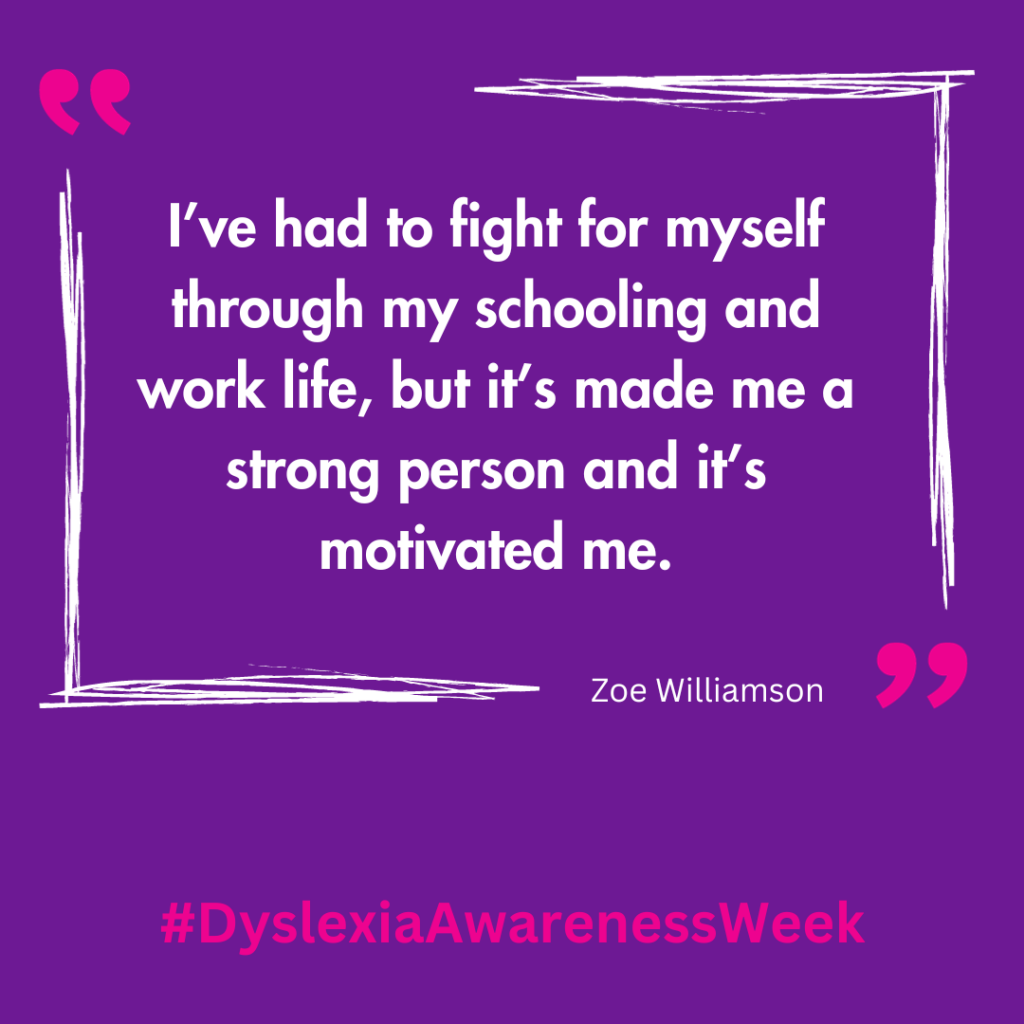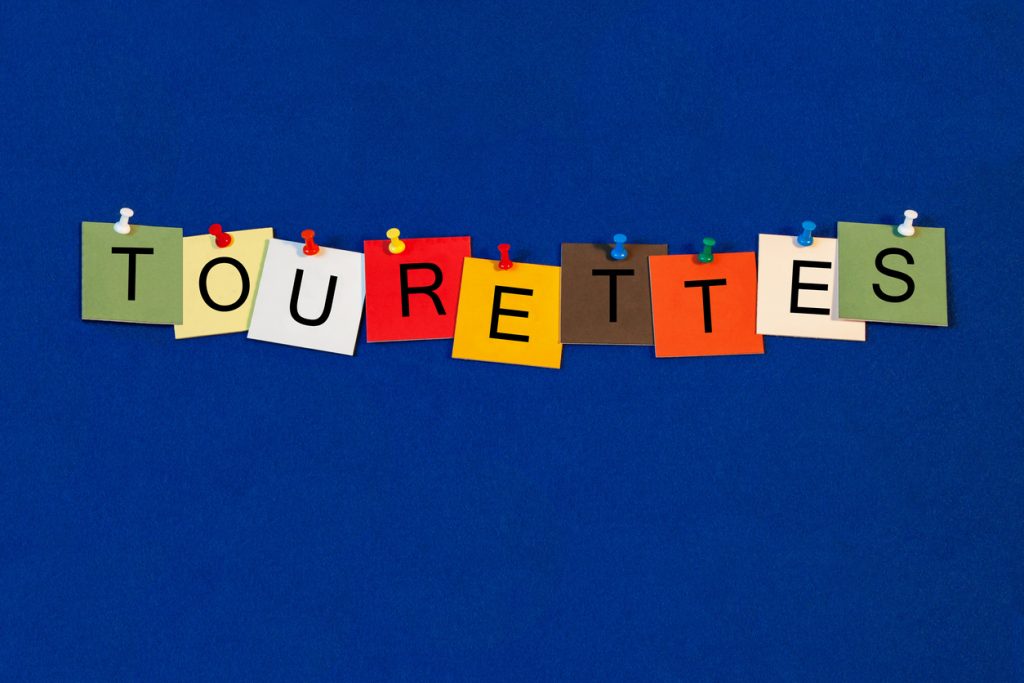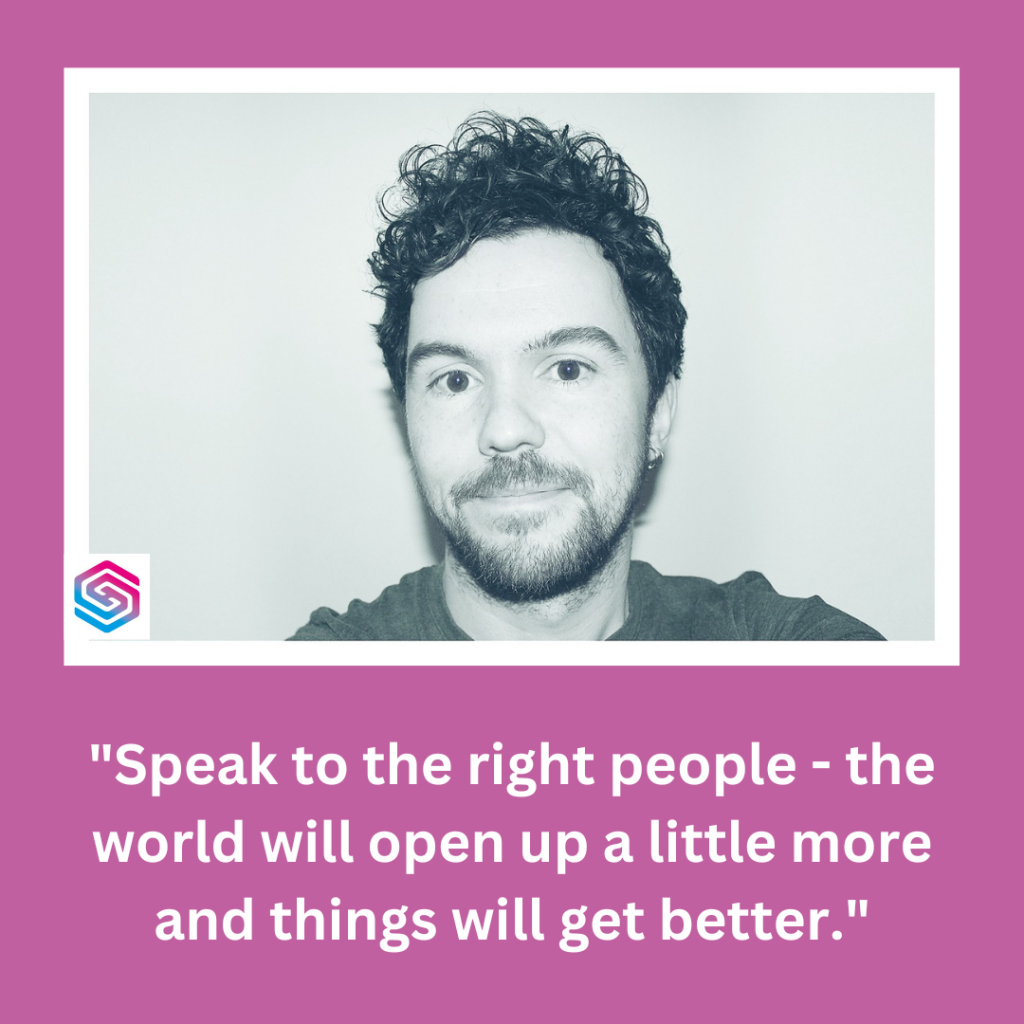Mum of two, Cara*, talks to HS about coping with her daughter’s condition…
When did you first notice the signs of Tourette’s?
One day, when Lana* was four years old, she began swearing: firstly, under her breath, then out loud. Over the course of a week, it became that the beginning, middle, and end of her talking was peppered with swear words. Sometimes, she would just get stuck and could only repeat swear words. It was clear that this was not within her control.
How did Lana eventually end up being diagnosed?
I first spoke with the Health Visitor, who immediately advised me to speak with the GP. He made an immediate referral to CAMHS. Then the wait began. We had to chase up the referral numerous times, and the delays were attributed to service demand. We were offered one appointment, months later. At that time, the swearing had diminished, and the episode was attributed to transient tic disorder (now called provisional tic disorder) – relatively common in childhood.
Only after a year, would they diagnose Tourette’s. At this point, I had to make a formal complaint to CAMHS as there was no follow-up. We were offered a further appointment within weeks and Lana was allocated a consultant. Since the allocation of a consultant, the support from CAMHS has been really good.
What were your thoughts and feelings on hearing the diagnosis?
I found the diagnosis difficult. I was aware of the condition, and the manifestations of Tourette’s, and I did not want my little girl to face these challenges. Lana was too young to understand at the time, but over the years, she has come to hate Tourette’s. Unfortunately, she has coprolalia, so this means that she swears, says inappropriate things, and makes obscene gestures, all out of her control. She feels very visible and has been on the receiving end of much staring, whispering, curiosity and, sadly, unkind comments.
To begin with, I hoped it would go away! I didn’t know how we would deal with it. Selfishly, although it was happening to Lana, I also felt like it was happening to me. I did a lot of research and (tried to) grow a thick skin. The biggest message we gave Lana is “it’s not your fault’, because, as I say, her behaviour is shameful to her, even though it’s involuntary.
How have you found the support from her school?
The school is supportive; Lana has had varying levels of help. In her earlier primary years, she had a box filled with fidget toys and colouring tools that she could go and use when she needed a break. She tries very hard to suppress it in school, which is exhausting and not always manageable. She can raise her hand, and this signals that she needs to leave the classroom, without any discussion, and there is time out built into her school day, also. Lockdown and supply teaching has changed this a little in the past 15 months, but she still has support.
How do you and Lana manage her Tourette’s, day-to-day?
Lana’s on medication for Tourette’s – aripiprizole – and for ADHD – guanfacine. These are strong medications, and I battled with the idea of giving a little girl these. I still do. But they do improve (but not eliminate) symptoms. Services, school, friends, and family are supportive, but this doesn’t eliminate Lana’s feelings of being different from her peers and she struggles socially.
What would you say is the most difficult aspect of Tourette’s?
The impact on Lana’s sense of self, and self-esteem. She does not feel good about herself and ‘just wants to be like everyone else’. There’s also the not knowing when a new tic will appear, and what it will be. Lana has around five constant tics: swearing, giving the middle-finger, throwing, kicking, and spinning. But new ones can appear and disappear: the need to touch the ground, the need to kick the person next to her, clapping, long blinks, full body shuddering, stammering…
What does Lana find most difficult to deal with and how do you both cope with it?
Lana struggles with being ‘different’, and the nature of her tics. She has got into trouble for things she cannot help, from both adults and kids who do not know she has Tourette’s.
Our coping strategies in dealing with this are awareness, education, and advocacy – with teachers, club leaders and friends’ parents. I try to give Lana the resilience and strength to have a narrative to explain when I am not around to do so.
Has Tourette’s brought you closer together or has it put a strain on your relationship?
I wish I could say the former but there has been a lot of stress over the years. I fight for her and fiercely protect her but, when the tics are at their worst, they’re hard to be around. And, as her ‘safe space’, I am constantly on the receiving end of all pent-up rage and exhaustion.
How do you balance Lana’s complex neuro-diversity conditions?
I guess by firstly ensuring that she has the right treatment and support for each diagnosis and trying to separate which behaviours are related to her conditions – and which need to be addressed in a more traditional way. I try to keep at the forefront of my mind that she is a little girl dealing with an awful lot.
Is there any one positive you and your daughter have been able to find throughout your Tourette’s journey or a particular coping mechanism you’ve found helpful?
I’d say the biggest positive is that Lana knows I have her back in any situation. I’ve found comfort in being part of the Tourette’s UK Coprolalia Support Group. Many of the parents in this group use humour as a coping mechanism, something that Lana has always rejected, but it is a working strategy for many.
What do you hope for Lana’s future?
I think that there is generally much greater awareness of neurodiversity now than previously, and greater emphasis on celebrating this – although I think translating this into real life has some way to go. I hope that Lana finds acceptance of her condition, rather than raging against it. And, on a practical note, there is research into a band (a watch-type thing) which sends neurotransmitters into the body and seems, in trials in adults, to alleviate symptoms up to 30%.
Hidden Strength would like to thank Cara for sharing her personal story and wish her and Lana much love and strength.
*Names have been changed to protect identity.
To get more help for Tourette’s, visit Tourette’s Action https://www.tourettes-action.org.uk/








